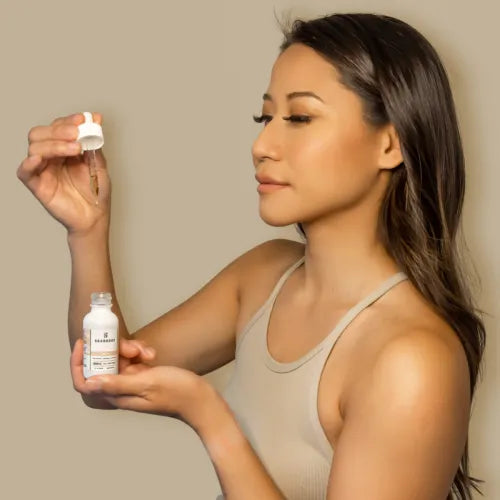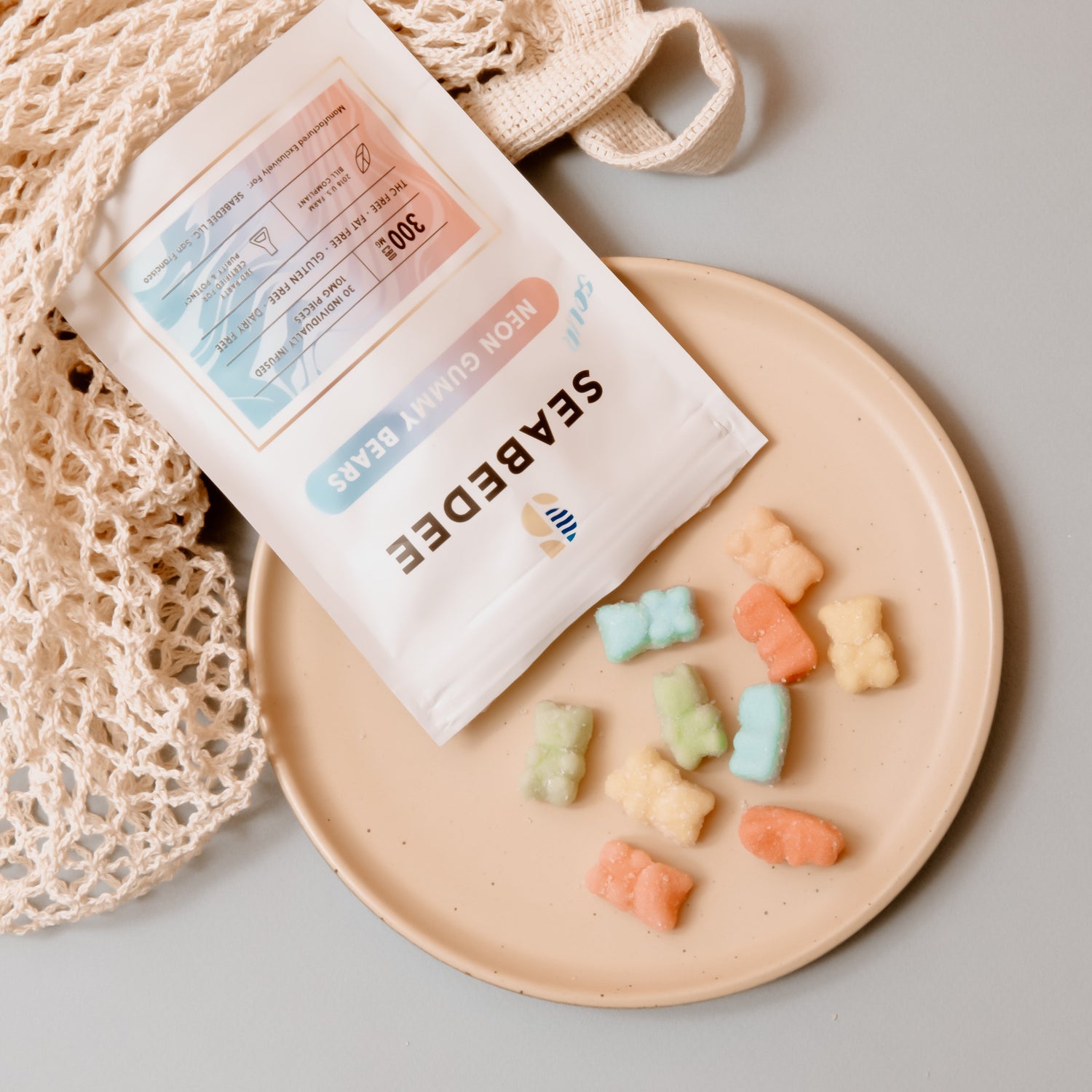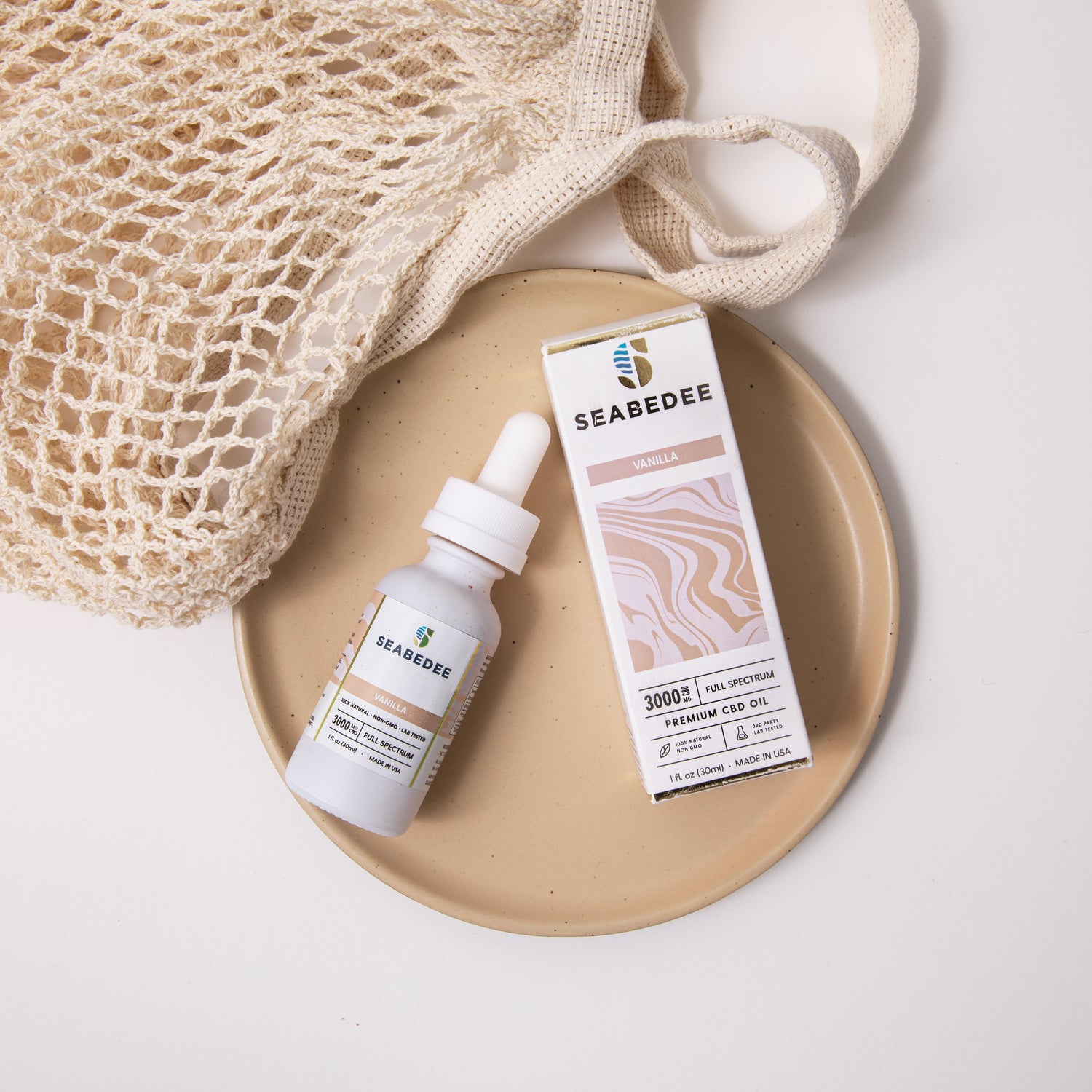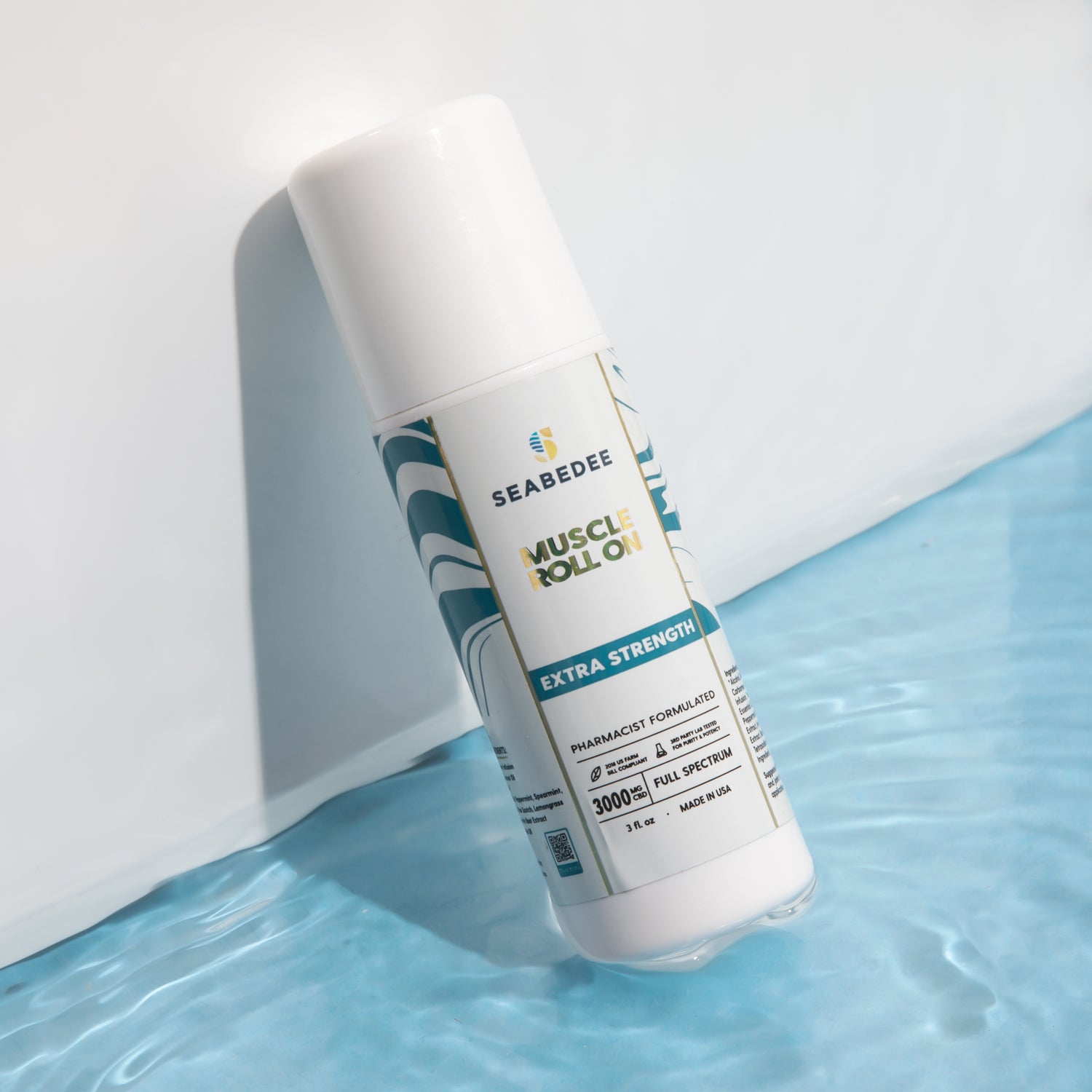
If you’ve spent any time online at all, you’ve probably run into a CBD product (or two, or two hundred)- and it’s no wonder, too! CBD is known to reduce inflammation, as well help manage a multitude of other mental and physical health issues.
However, there’s one question at the forefront of many people’s mind: is CBD safe for people who are also taking prescription drugs?
Before incorporating CBD into your daily routine, it’s important to know how it could potentially interact with the other medications and supplements that you’re taking. Today we’re outlining the potential interactions between CBD oil and prescription drugs. Keep scrolling to learn more.
Can You Take CBD Oil With Prescription Drugs?

Current research shows that cannabidiol has very few (if any) side effects. In fact, CBD is increasingly being used in state-approved medical cannabis programs. Although this cannabinoid compound is extremely safe and non-habit forming, it can potentially alter the effects of certain medications.
Here’s a brief overview:
Most prescription medications are broken down by the enzymes in your liver. CBD can actually compete for (or interfere with) these enzymes, leading to either too much or not enough of the drug in your body. This is referred to as “altered concentration.”
What does all that mean? Simply put, CBD “outcompetes” other medications in terms of metabolization, and therefore prevents other compounds from being effective.
Preclinical research suggests that CBD binds to the site where enzyme activity occurs in the body, acting as a “competitive inhibitor” and displacing its chemical competitors (aka your medications). When this occurs, the body is not able to metabolize other compounds. This can result in ineffective medications, less effective medications or an increased risk of side effects.
The time between taking CBD and another prescription drug plays a vital role in how the two may interact in the body. Everyone responds to medications differently, depending on genetics, age, weight, and other physical factors, so there isn’t a specifically stated amount of time that should be left between doses.
Here’s a helpful tool you can use to check if CBD (enter it in as cannabidiol) will interact with what you’re taking. With this tool, you can simply type in a drug name, and the tool will check for potential interactions.
The Grapefruit Rule
When it comes to taking CBD with prescription medications, a good rule of thumb is to avoid anything that comes with a warning about grapefruit or grapefruit juice. One 1993 study found that CBD- much like our friend The Grapefruit- disrupts the normal functioning of cytochrome P450 (CYP) enzymes in mice.
There are several (more than 85, actually) drugs that interact with the properties found in grapefruits, and other related citruses. This is because the chemicals in grapefruit inhibit CYP3A4, very similar to the way CBD does. The result is a slowed metabolization of medications- meaning that what you’re taking won’t be absorbed the way it’s supposed to, and you might experience unexpected side effects.
Simply check your medication insert for more information, and check for the mention of grapefruit or grapefruit juice.
Always Talk With Your Doctor First!
At the end of the day, everyone’s body metabolizes different medicines in slightly different ways.
So… ALWAYS talk to your doctor before trying a new substance. Together you both will be able to judge what you should and shouldn’t be taking. And not only that, but they can also help you monitor the benefits that you will experience with CBD, and help you figure out your ideal dosage for ultimate relief.
Your pharmacist can also be a fantastic resource for helping you figure out any potential interactions, whether it’s with a supplement or an over-the-counter/prescription medication.
Don’t be afraid to ask for help!
Final Thoughts On CBD And Prescription Drug Interactions
The bottom line is to always consult with your doctor first if you’d like to try CBD, especially if you have a health condition and are taking prescription medication. Don’t stop taking your prescription medications in order to try CBD, unless you get the green-light from your doctor or a healthcare professional. While CBD can be beneficial for a wide variety of ailments, there are some cases where it just might not be the best choice for your specific needs.
Hopefully this helped clear the air about CBD and prescription drug interactions! If you have any questions, don’t hesitate to contact us for more information.

Do you want to learn more about the wonderful world of CBD? Here are some helpful articles to get you started:
FDA DISCLAIMER: The statements above have not been evaluated by the Food and Drug Administration. None of the information contained in this article should be mistaken for medical advice. Please consult with your health care practitioner prior to introducing a new product to your lifestyle



